It all starts with the seed. Biodiversity preservation is one of the most important things we can do to support the health of living ecosystems on the planet. Enter the world of the Mother of Time, the seeds.
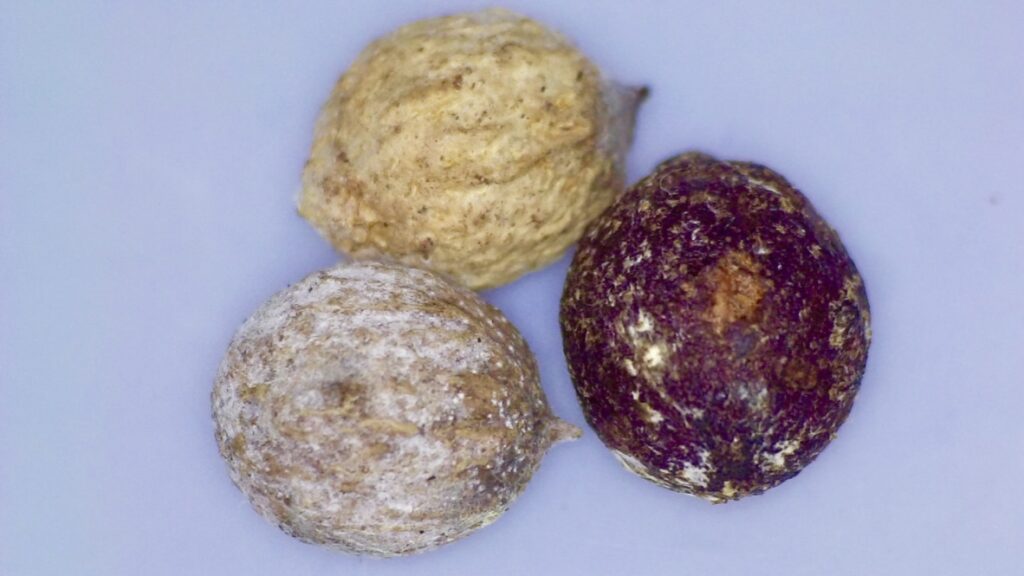
Seeds represent the cyclical nature of time. We can reflect on how all living things are born and die. Therefore seeds are like the egg, the beginning of life.
These wonderful projects are seeking to build a seed ark for their region. Share in the gift of life, the seeds, for the future generations and a healthy planet. Feel free to contact them for more information.
Organization– Hope Ministries International
Project Name– Enhancing Native Forest Restoration in Malawi
Team- Mr. Blessings Mlowoka, Projects and operations, Mr. Gift Kamangathole, Education, Judith Liposa, Nursery and Site Manager, Alice Mwalabu, Planting activities, Mr. Ernest Kaundama, administration and accounting
About– Our project team posses in-depth expertise in the identification, propagation and cultivation of a diverse range of native tree species endemic to the Malawian ecosystem.
For more information contact: judithliposa444@gmail.com
Species–
- Acacia Polycantha (Mthethe) is known for its resilience to harsh environmental conditions and plays a vital role in ecosystem restoration and soil conservation efforts.
- Khaya anthotheca (Mbawa) is known for its valuable timber and medicinal properties. It is a keystone species in Malawi forests.
- Albizia Lebbech (Mtangatanga) is valued for its fast growing and nitrogen fixing abilities, making it a curtial component of agroforestry systems and reforestation.
- Faidehelbia albida (Nsangu) is a renowned for its dual purpose nature, providing fodder for livestock and enriching soil fertility through nitrogen fixation.
Our team has extensive experience in nuturing and preserving these species to promote biodiversity through trainings such as; Nursery management and establishment, seed collection and propagation.


Beneficiaries of this Project
- Local Communities
- Ecosystems
- Wildlife
- Future Generations
- Government goals & Society
Organization : We Clean We Green
Project Name : Farmer Managed Natural Regeneration & Reforestation for Sustainable Community
City & Country : Lilongwe, Malawi
Project Type : Natural Regeneration & Reforestation
Co-Founder and Team Leader: Mr. Pike N’goma
Natural resources management & Nursery Lead – Catherine Chitete
Finance & Field Operations – Vitumbiko Mthuzi
Commmunications & Monitoring – Lusako Ngambi
Community Mobilization & Engagement – Kondwani Kachala
Village Natural resourses management Commitee Lead – Martha Frank
Lead Volunteer – Norah Zilinde
For more information contact: pikengoma@gmail.com
About: The FMNR & Reforestation project is a holistic approach to a sustainable development and it is being implemented in order to restore the damaged ecosystems, combat poverty and hunger amoungst poor communities while regenerating soils and also landscape restoration. This is achieved through/by increasing of food systems , timbers and climate ressilience activities within the circle.
The FMNR & reforestation will help us restore the damaged soils and its fertility through other tree species which are rich in nitrogen fixation, reduce/control erosion of soils and its moisture through evaporation, Restore water sources and water tables, increase and restore biodiversity , increase food production through a variety of fruit trees planted, reduce pests and deseases and community ressilience to extreme weather events. SDG’s 1, 2,3,5,8,10,11,13,15 & 17.





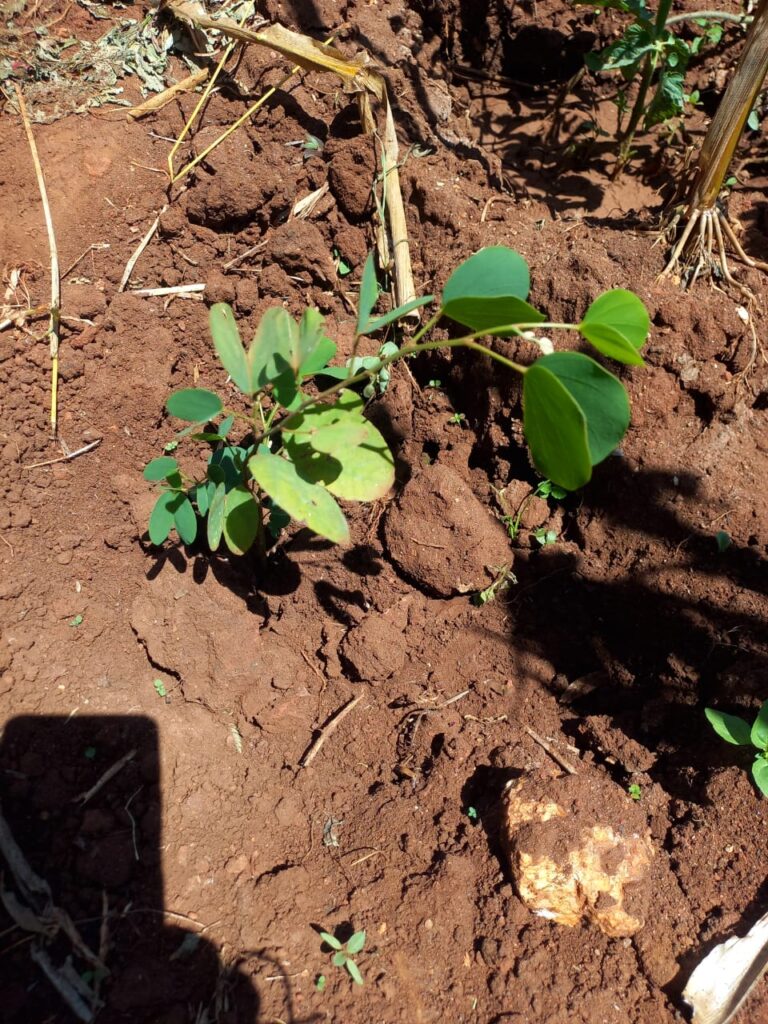
Beneficiaries
- Nature
- Land Users and communities
- Livestocks
- Ecosystems
- Generations to come
Organization: ALINASWE FOUNDATION
Project name: CLIMATE RESILIENCE, HABITAT RESTORATION AND SEED PRESERVATION PROJECT (CHRS)
City & Country: MPIKA, ZAMBIA
Team: Ms Bessy Nambela, CEO, Mr Blackwell Sinkala, Nursery and site manger. Twalinji Nambela, Administration and accounts, Mr. Sturbun Chuma Planting and Mr. Wantemwa sinkala, Education
For more information contact: BLACKWELL SINKALA -sinkalablackwell@gmail.com, +260977198025(WhatsApp) or bessynambela11@gmail.com
About: Ecosystem restoration offers the opportunity to effectively halt and reverse degradation, improve ecosystem services and recover biodiversity. It is estimated that 60 per cent of expected species extinctions could be avoided through the effective restoration of 15 per cent of converted lands. The benefits that habitats provide—known as ecosystem services—support our day-to-day lives. Healthy habitats help keep our drinking water clean, protect us from storms and flooding, and support industries like boating, fishing, and tourism.
It is with this background that the Climate resilience, Habitat Restoration and seed preservation PROJECT(CHRSP)project was started in July 2022 as a way of helping to raise awareness on climate change, seed preservation and its effects on the environment.
Its main objective is to “help communities in the operational areas to take care of habitats, adapt to climate change and mitigate its effects on natural resources”.
The vision is to “have communities which are well informed, adapted and able to manage the habitat”.
Species we are working with:
Julbernardia paniculata (Mutondo)
Brachystegia longifolia (Mubombo)
Brachystegia spiciformis (Muputu)
Persea americana or Avocado (kotapela)
Psidium guajava (Amapela)
Citrus sinensis (Amachungwa)
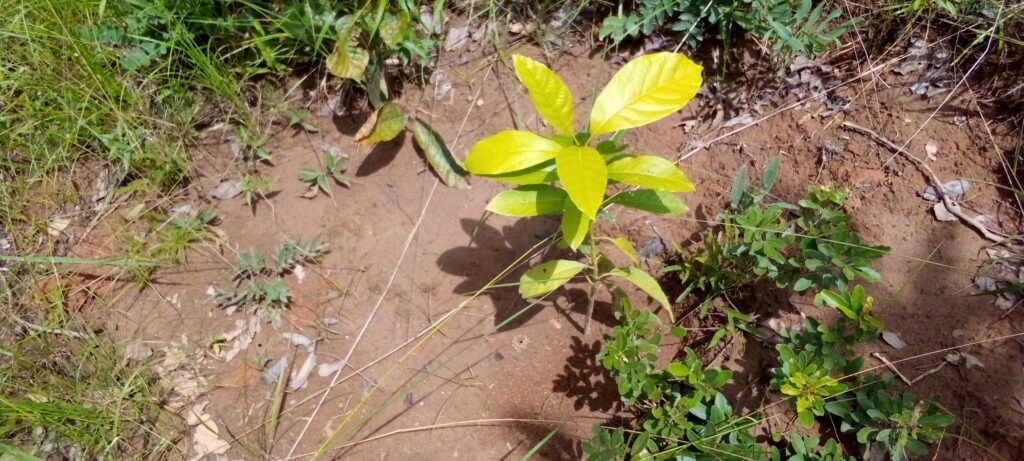
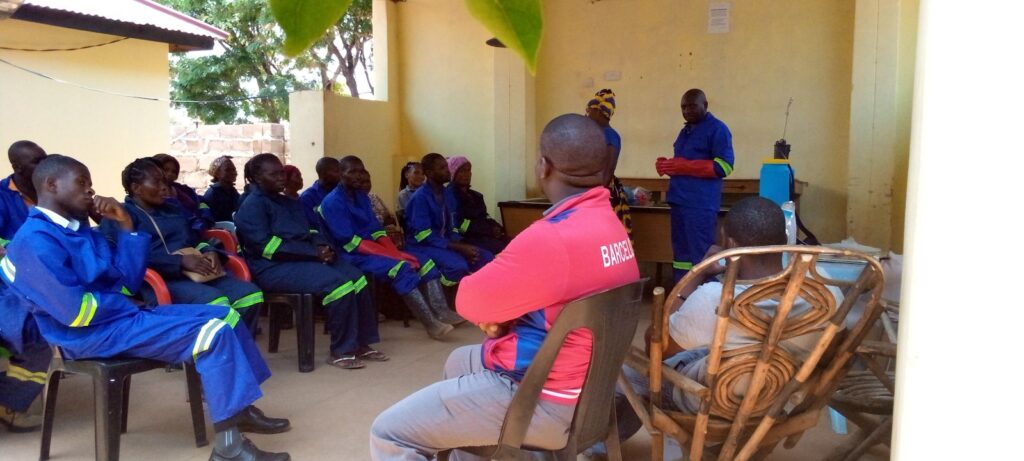
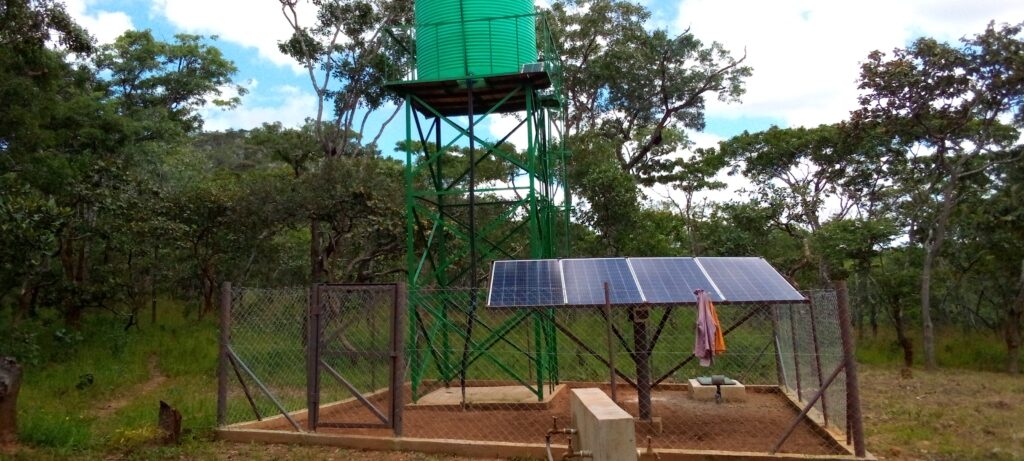
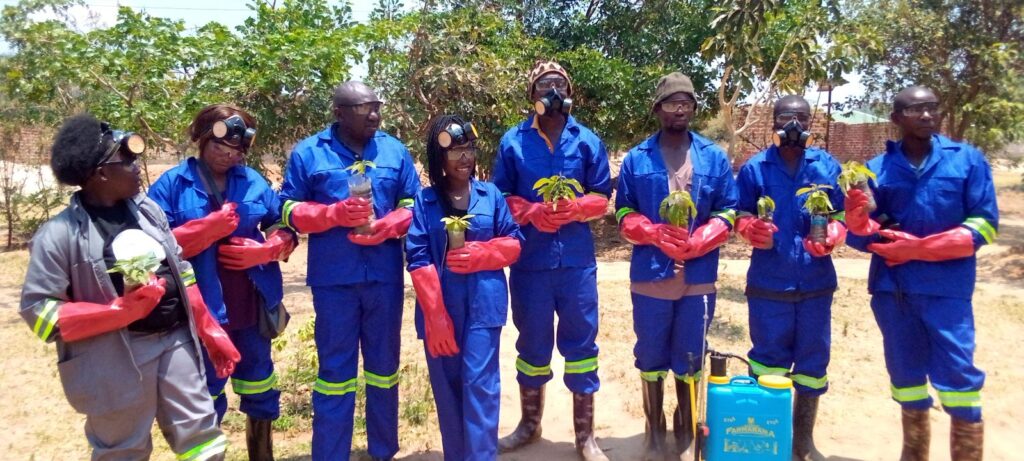
Beneficiaries:
- Ecosystems
- Wildlife
- Local communities
- Future Generations
Organization : Light On a Hill (LOAH)
Project Name : Restore Mama Earth~ Project
City & Country : Meru, Kenya
Project Type : Education, Resiliency building
Founder and Programs Coordinator: Eva Makandi
Co-Founder and Finance Manager: Elias Karago
Finance & Field Operations – Vitumbiko Mthuzi
Volunteers: Artists, Soil Scientists, Teachers, Local Farmers, Musicians, Constructors
For more information contact: karibu@loahkenya.org
About: We develop tree nurseries specializing in native and fruit trees. Establish green spaces with local institutions to create kitchen gardens, green houses, learning areas, tree nurseries. We partner with local learning institutions where we provide an avenue for children to learn about nature through gardening, seed collection and propagation, tree nursery development and the nurturing and growing of plants and trees.
We also carry out community events to encourage no littering, proper waste disposal, and reducing single-use plastics. In partnership with local artists we facilitate events that allow children to creatively express the lessons they gather from nature through the arts.
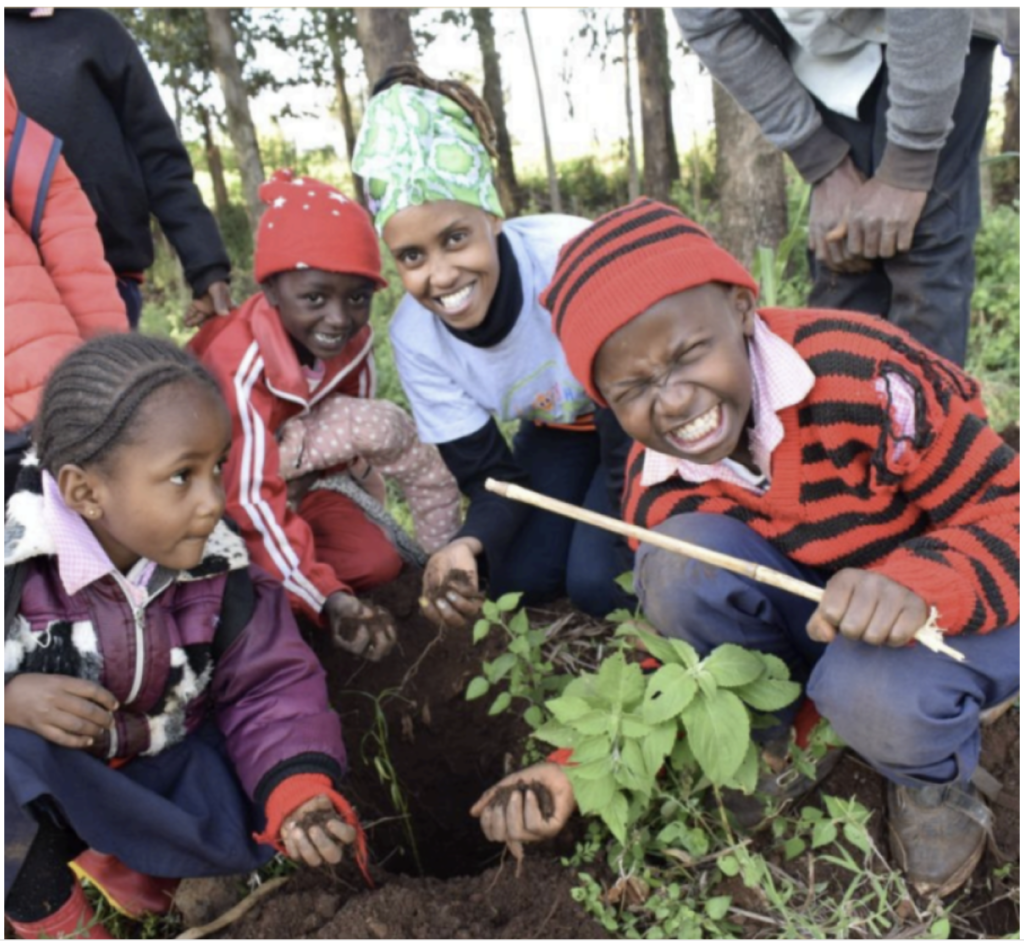
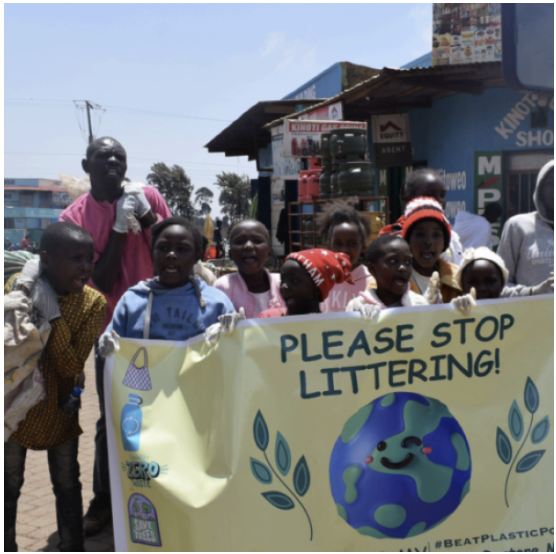
Beneficiaries:
- Local communities
- Future Generations
Organization: Homegrown Sustainability Solutions

Project Name: Sustainable Seed Bank Initiative
City & Country: Narok, Kenya
Project Type: Environmental Conservation and Sustainability
For more information contact: homegrownsolutions@gmail.com, phone 254724569218
Our Team:
Project Manager: Teresa Muthoni- Oversees planning and execution
Nursery Manager: Lydia Wanjiku- Manages the plant nursery
Education Coordinator, Monitoring and Maintenance Lead: Teresa Muthoni & Isabella Wanjiku
About: Our seed bank project is an initiative aimed at preserving and cultivating a diverse range of plant species. The project seeks to ensure the availability of native seeds, support local biodiversity, and contribute to sustainable agriculture practices in our community.
Our team specializes in a variety of trees, including native species such as Prunus africana, Dhobea torida, Markhamia lutea, and we would like to collect and save more shrubs, herbs and vegetables. Through years of dedicated work, we have developed a deep understanding of the specific needs and growth conditions of these species.
The Sustainable Seed Bank Initiative is designed to conserve and propagate a diverse range of native plant species, fostering resilience in local ecosystems and promoting sustainable agriculture. By building a seed bank, we aim to secure a genetic repository of important plant species, which will be vital for research, restoration, and educational purposes. This project will not only address environmental conservation but also strengthens community involvement and knowledge in sustainable practices.
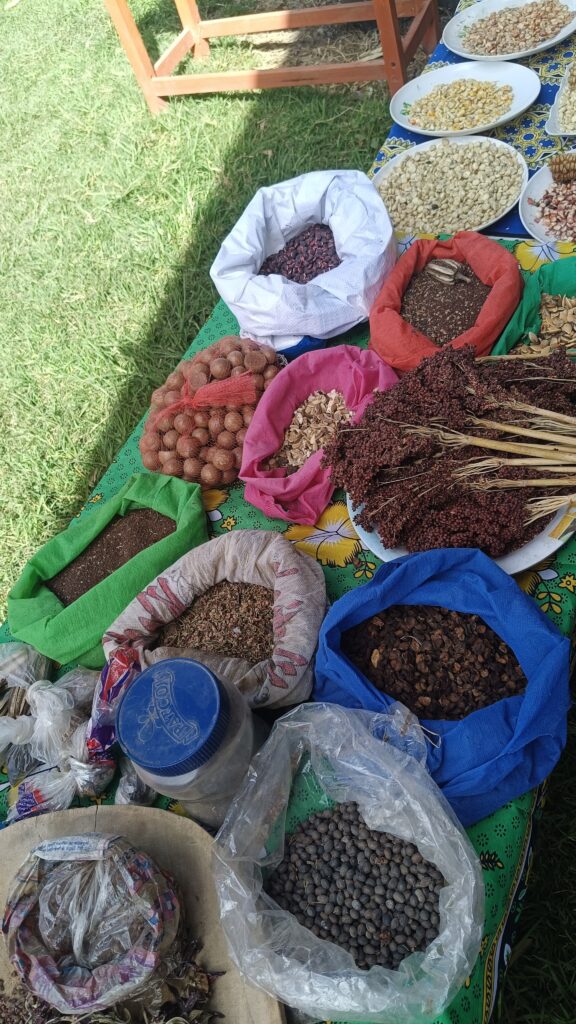
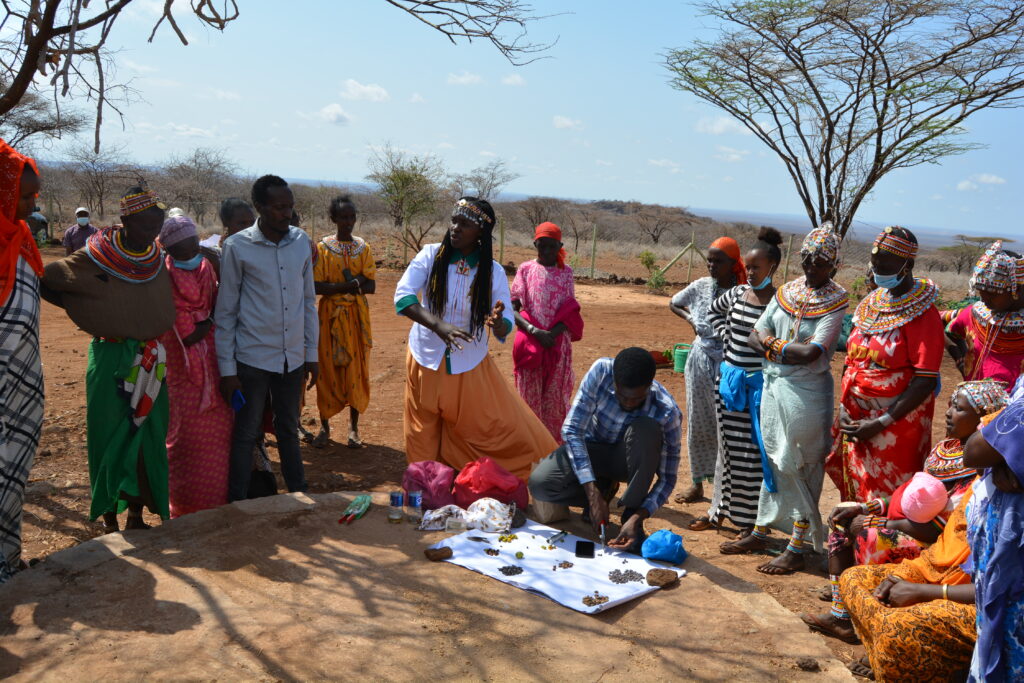
- Beneficiaries:
- Local community: Providing educational opportunities and training
- The Land: Enriching soil health and promoting biodiversity
- Wildlife: Creating habitats and food sources for local animals
- Future Generations: Ensuring the availability of diverse trees and food crops for years to come.